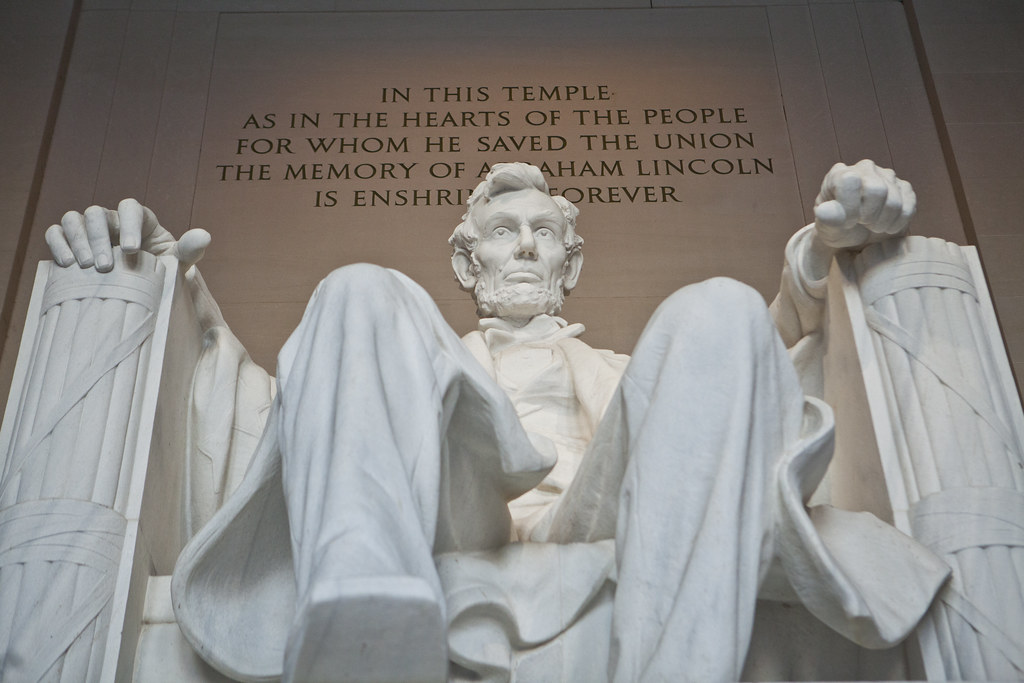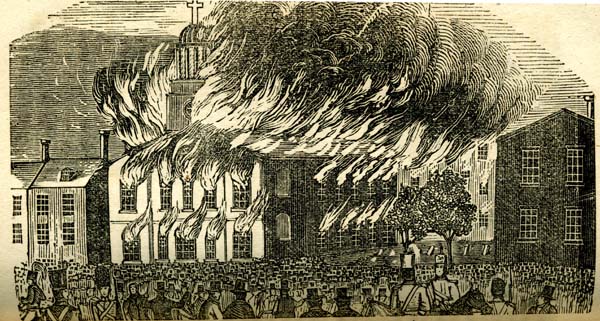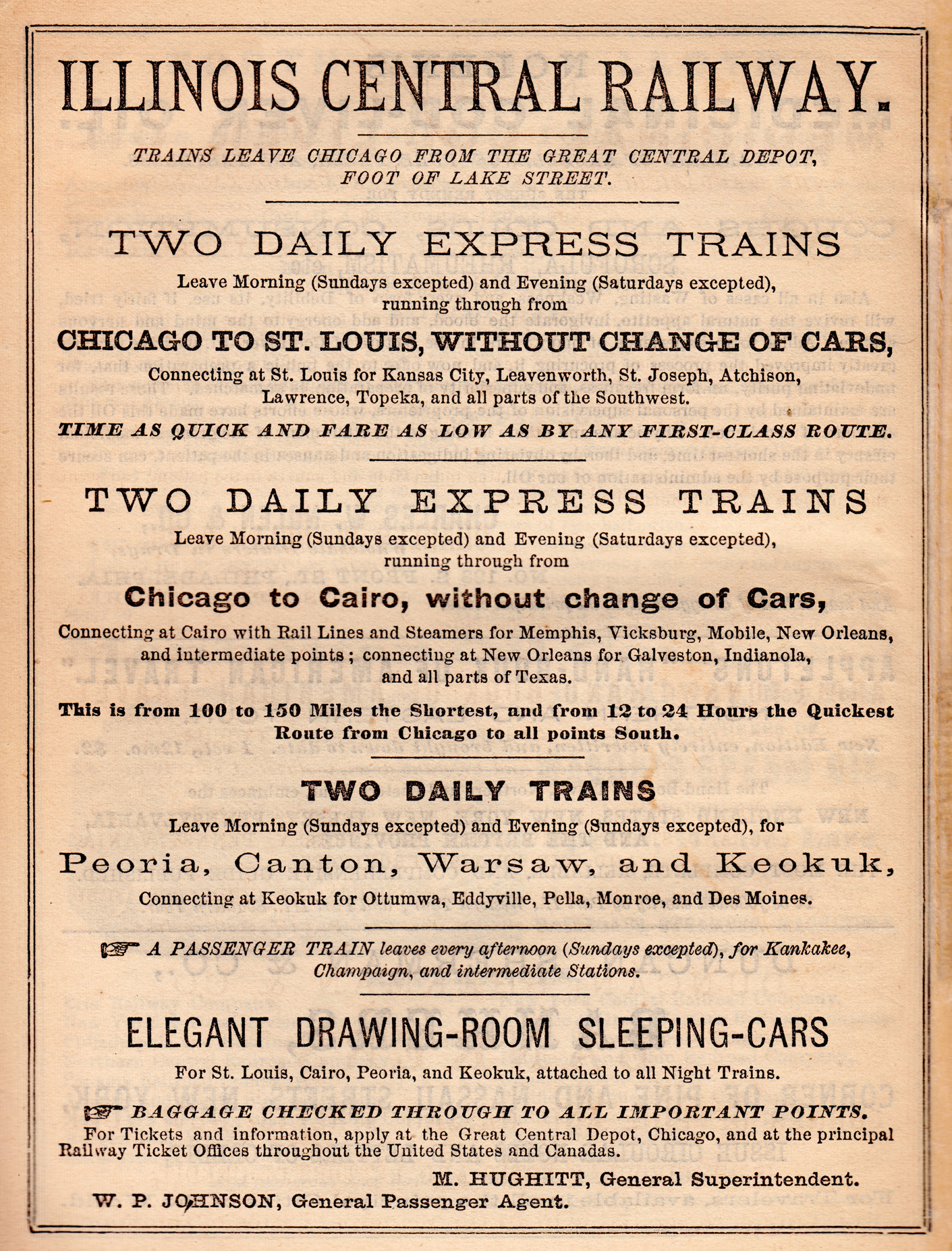A God Amongst Men
An alternate history
The Start of Our Age
From a backwater Republic, to an industrial Empire
The monument to Marshall Abraham Lincoln, the Great Savior of the Union and Purifier of America.
Part I: The Perfect Storm
They say that one should never meet their heroes, but on a summer evening on June 30th, 1847, that's exactly what happened. 38-year old Abraham Lincoln, representative for the state of Illinois's 7th congressional district met Henry Clay in a hotel in Washington, D.C. Clay was a former senator from Kentucky (Lincoln's birthplace), and was looking to regain his seat in the 1848 elections. Lincoln was great admirer of Clay, and had often remarked that the senator was "his favorite man in Washington". Lincoln's political philosophy was heavily inspired by Clay's. Like Clay, Lincoln supported industrialization, business, railroads, a high tariffs. These formed the cornerstone of Henry Clay's "American System", platform advocated by Clay and his Whig Party. But perhaps more crucially, Lincoln agreed with Clay that America was under threat from the conspiratorial "Slave Power" of the Southern States, and that they posed not only a moral threat to America, but that they threatened to hurt the interests of American labor and industry, and national unity.
And perhaps more ominously, Lincoln followed Clay in supporting the American Colonization Society, which Clay had helped establish.
Clay and Lincoln talked long into the evening, and the usually teetotaling Lincoln even partook in a drink with Clay. Clay stressed how he was worried that the Southerners were going to use the on-going war with Mexico as a way to expand their power. With alcohol setting in on the both of them, Clay broke out into an angry rant about how "those damned Southerners threaten our capacity for greatness and industry! Our destiny!"
"Destiny". Lincoln was confused by this choice of word. Both he and Clay had been strongly critical of the prevailing ideology of Manifest Destiny. Lincoln, in his usual reserved, soft-spoken form (even if he had a little slur this time), asked Clay what he meant. And so Clay elaborated, stating his vision for America as being one of industry, order, and material wealth. Lincoln agreed wholeheartedly. In fact, as Clay droned on about the need to protect the American people from aristocratic ignorance (a subtle dig at Southerners) and foreign industrial competition (the British and the French), Lincoln began to stir. Clay had awakened the beast.
Lincoln became so enamored with Clay's ideas that he vowed to himself he would never cease until America was a strong, united industrial nation that would be powerful enough to compete with foreign powers and had a government strong enough to foster national unity by cracking down on the slavers of the South. But something else had changed. Previously, Lincoln had agreed with Clay that Manifest Destiny was wrong, and that the war with Mexico was immoral. But after hearing about the needs for industry, greatness, and prosperity, Lincoln found a striking contradiction in Clay's ideology. While he still held the man in high esteem, he noted that further expansion would in the long run actually be beneficial to achieve Clay's goal, as the vast plains and resource-rich wilderness of the West and Mexican territories would provide ample material for growth and allow room for the average American to trek out and establish himself. While disagreeing with the motives of the war with Mexico (which he stilled viewed as a land-grab for slavery), Lincoln began to privately support westward expansion as means to acquire more resources and land upon which to build Clay's "American System" and establish an industrial empire.
To compliment this shift in Lincoln, the
Free Soil Party had been established in 1848. The Free Soilers opposed slavery not out of a moral indignation for it, but because they viewed it as a threat to the economic development of the American laborer, who could not compete with slave labor. Soon enough, the rhetoric of the Free Soil Party became increasingly racist and nationalistic, promoting an ideology that championed the expansion of free,
white laborers across the continent (white being the key word here. Blacks were viewed as an economic threat and not really considered American). Core policies that the Free Soilers advocated for included a national homesteading act (surely to bring about major conflict with the Amerindians), vast internal improvements to foster the growth of industry and commerce, and popular sovereignty out in the territories, all policies squarely targeted at the average American. The yeoman farmer of Thomas Jefferson's fantasies. The noble, humble, hardy white Protestant trailblazer who would bring civilization to a land where there was none, or so people thought at the time (they really had little regard for the Amerindians already there). These policies struck a chord with Abraham Lincoln, who while never explicitly joining the Free Soilers, began to increasingly adopt their ideology of white American nationalism, industrial progress, territorial expansion, and a check on power of the Southern planter class. And most importantly, the Free Soilers championed national unity. Lincoln found their views to fit in quite nicely with his warped view of Clay's American System.
John L. O'Sullivan in a sketch made in 1874.
Later that year, in 1848, Representative Abraham Lincoln had stumbled upon the writings of John L. O'Sullivan (the columnist who had coined the phrase "Manifest Destiny") while digging around for new ideological material. The writings of O'Sullivan convinced Lincoln that white Americans (whom he began referring to as Anglo-Saxons, a bit of a misnomer, but one that stuck nonetheless, at least for the time being) would come to dominate the North American continent and establish a massive empire of industry and democracy, and that while it was lamentable that this at times had to be accomplished with force (as was the case in the Mexican War), he believed it was an inevitable outcome, and that the lesser races should stand aside. After the Mexican War, while still being largely opposed to President Polk's domestic policies regarding slavery, Lincoln became a fervent supporter of the annexation of the Oregon Country, and retroactively spited the 1846 Oregon Treaty which limited the American claim to below the 49th parallel north, plainly stating that the treaty was "limiting the true, natural growth of our fair people". Lincoln stated that the land extending all the way up to Russian America belonged to the United States, and vowed to make it American one day, lest in his view, Henry Clay's American system crumble.
Another hot button issue facing the United States was immigration. The same demographic of middle class, old-stock Americans who supported the Free Soilers were also being courted by another movement: nativism. Throughout the 1840s, Ireland had been gripped by severe famine and Germany was a hotbed of political unrest and revolution. The chaos in these two countries prompted large amounts of emigration, and many of these migrants would come to the United States. Their overwhelming numbers and the large number of Catholics within their ranks caused a great sense of worry among Americans, the vast majority of whom were Protestants who drew their ancestry back to the colonial days. There was anxiety that these immigrants would take jobs and that they would impose their anti-republican, Catholic values on a free, yeoman white Protestant America. There was a fear that they would overwhelm the country and essentially colonize it. And to be fair, a lot of these fears were well-founded. Irish immigrants became massively involved in criminal activities in major Northern coastal cities, and even began affecting urban politics, helping foment the rise of the vastly corrupt Democratic political machine of Tammany Hall. Thus it should come as no surprise that a political movement arose in New York City to stop the flow of these immigrants in 1843, coalescing around the
American Republican Party, but eventually spreading to other states under various names, such as the
Native American Party. Throughout the 1840s, anti-immigrant fervor spread, and even getting bloody at times with riots, such as those in Philadelphia in 1844.
The nativists were fervent, viewing themselves as steadfast patriots for their homeland, and emphasizing the unique Anglo-Saxon Protestant heritage of America. They argued that the immigrants were bringing a foreign culture, hurting labor and industry, and bringing crime. Due to their intense popularity amongst working-class old stock Americans and Free Soilers, it's unsurprising that their ideas would reach Abraham Lincoln. Previously a supporter of welcoming more European immigrants, Lincoln soon found himself agreeing with the nativists' underlying sentiments, viewing that "Perhaps it could be argued that O'Sullivan's Manifest Destiny was meant for our own folk, not the foreign pauper". While praising the efforts of Protestant German and Scandinavian immigrants to settle in the Midwest and "be a firm hand that pushed back our savage frontier", as he put it, he was increasingly suspicious of the Catholics, especially the Irish. After his term in the House of Representatives ended in 1849, Lincoln returned to Illinois, and joined the
Order of the Star Spangled Banner, a nativist secret fraternal society only open to white Protestant men, in 1850. While practicing law on the side, Lincoln started to become fully immersed in what is essentially the precursor to
Unionism (an ideology that would truly bloom in the coming decades).
Tensions ran high in American cities where immigrants congregated. Here, a Catholic church burns during the 1844 Philadelphia Riots.
In OSSB meetings, Lincoln would use his exceptional oratory skills to warn brothers of the order about the "the creeping threat to our fair Republic. While I am not one for alarmism, I dare say that there appears to be a growing conspiracy coming out of Rome. Use your wit! Would it not be unwise to speculate that the Pope is foregoing a colonization of our continent? After all, he did have hand in thwarting an honest attempt at popular republicanism in the German states, and promptly sent many of his followers here. And there is no doubting the influence he exerts over the Irishmen." While many of the nativists were ostensibly Democrat, Lincoln began steering them away from the Democrat Party, calling it a "hive of scoundrel paddies, the Slave Power, and the political machines in our great cities", which is quite monumental given Lincoln's adverseness to swearing and slurs.. Lincoln's prying would work, and many nativists began flirting with the idea of Free Soil and later, abolitionism. But not the Christian moralist abolitionism. No, this was
Lincolnite abolitionism.
Adding to this potent mix of expansionist, nativist, xenophobic nationalism was the fact that Lincoln, since his dealings with Henry Clay back in 1847, had been a member of the American Colonization Society. The ACS was an organization made up of an odd mix of extreme Northern abolitionists and Southern slave-owners. The Northern abolitionists tended to be extreme evangelical Christians who cursed America's racism and concluded that the African could never live freely in this country, and thus should be returned to his ancestral homeland to develop freely and independent. The Southern planters supported the ACS because they were wary about having a large population of free blacks idling around if slavery were to be abolished, and also viewed it as a way of limiting the threat of slave rebellions by deporting the more unruly slaves. This uneasy alliance was about to be crashed by a third faction: Lincoln's coalition of Free Soilers and nativists.
"While I am not one for alarmism, I dare say that there appears to be a growing conspiracy coming out of Rome...And there is no doubting the influence he [Pope Pius IX] exerts over the Irishmen."
-Abraham Lincoln, 1847
Lincoln and his coalition found the ACS's views much in line with their own. However, they took it to even more extremes. The presence of a large, "racially inferior" slave population was problematic to Lincoln for many reasons. First of all, slavery competed with the sweat-of-his-brow free, white laborer of the North and Midwest, hurting his economic prospects and threatening to gobble up land out West where which he could reinvent himself, by turning that land in new slave states. Secondly, slavery was the root and foundation of the major political, economic, and cultural differences between the North and South. With abolitionist rhetoric and controversy over the status of new territories growing more fervent by the day, fratricidal conflict threatened to rip the country apart. And third, blacks were simply considered "inferior" and incompatible with "civilized, white Christian society" (yes, Lincoln was a product of his time). In fact, blacks were viewed as more of a detriment and a potential burden, and an obstacle to healthy expansion and economic development. Lincoln and his cohorts determined that eventually, these people would need to leave the United States. But that was not a pressing matter at the moment. Also, the fact that slavery was morally wrong was really only an afterthought and a useful rhetorical tool.
Things came to a focal point in 1854 when the Franklin Pierce administration, with massive support from Senator Stephen A. Douglas, enacted the Kansas-Nebraska Act. The Kansas-Nebraska Act opened up the Kansas and Nebraska territories to popular sovereignty on the issue of slavery. While popular sovereignty was favored by the Free Soilers and had come to be accepted by Lincoln, this act was essentially a repeal of the Missouri Compromise, as there was now the potential for slavery to expand north of the parallel 36°30′ north, into the Midwestern Great Plains. Lincoln and his followers were absolutely furious with this, and viewed it as evidence of the conspiratorial power of the "nigger-whippers"* in the South. This was a direct assault on the white nationalist, Jeffersonian dream held by Lincoln of free, Protestant farmers and laborers. In response to the collective outrage to the Kansas-Nebraska Act throughout the North and the Midwest, the Republican Party was formed that year. Lincoln, motivated to get back into politics by the "treachery" of the Pierce administration, joined the Republicans and brought his Free Soilers with him.
It should be noted that up until this point, American political history had continued as it had in our world. While it is obvious that by this version of 1854, Abraham Lincoln is already a very unrecognizable person to us, he had not yet engaged in any actions that would've irreversibly shifted history. But it is here, with the signing of the Kansas-Nebraska Act, that the rise of a very different America would begin. Franklin Pierce and Stephen A. Douglas had no idea what they had unleashed on the world.
End Part I.
*"nigger-whipper" would later catch on as very popular (and offensive) slur for Southerners. While Lincoln did not come up with the term (nor did he ever use it), it did originate in an OSSB meeting. ). I have been lurking this website for the better part of two years, and have gained a rather good understanding of alternate history.
). I have been lurking this website for the better part of two years, and have gained a rather good understanding of alternate history. ). Other creative inspirations include the 2002 movie Gangs of New York, the video game Bioshock: Infinite, the 2016 presidential election, and my own experiences in a college fraternity.
). Other creative inspirations include the 2002 movie Gangs of New York, the video game Bioshock: Infinite, the 2016 presidential election, and my own experiences in a college fraternity.








.jpg)
